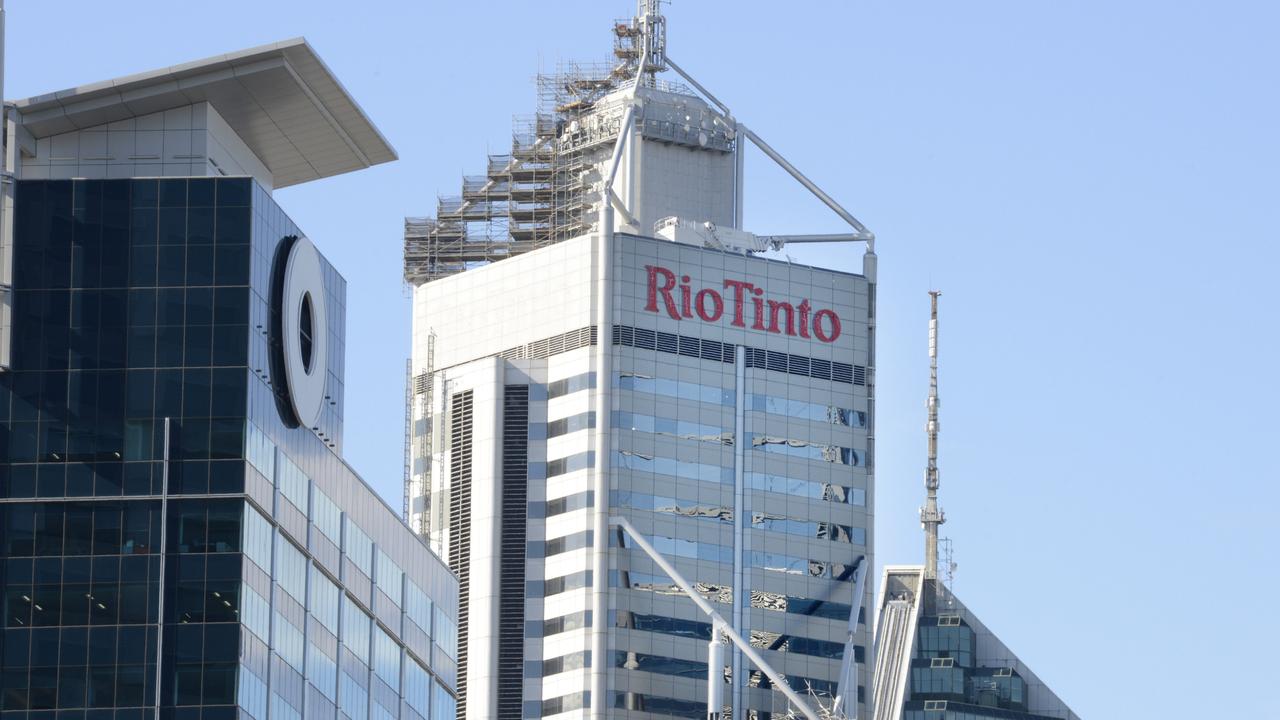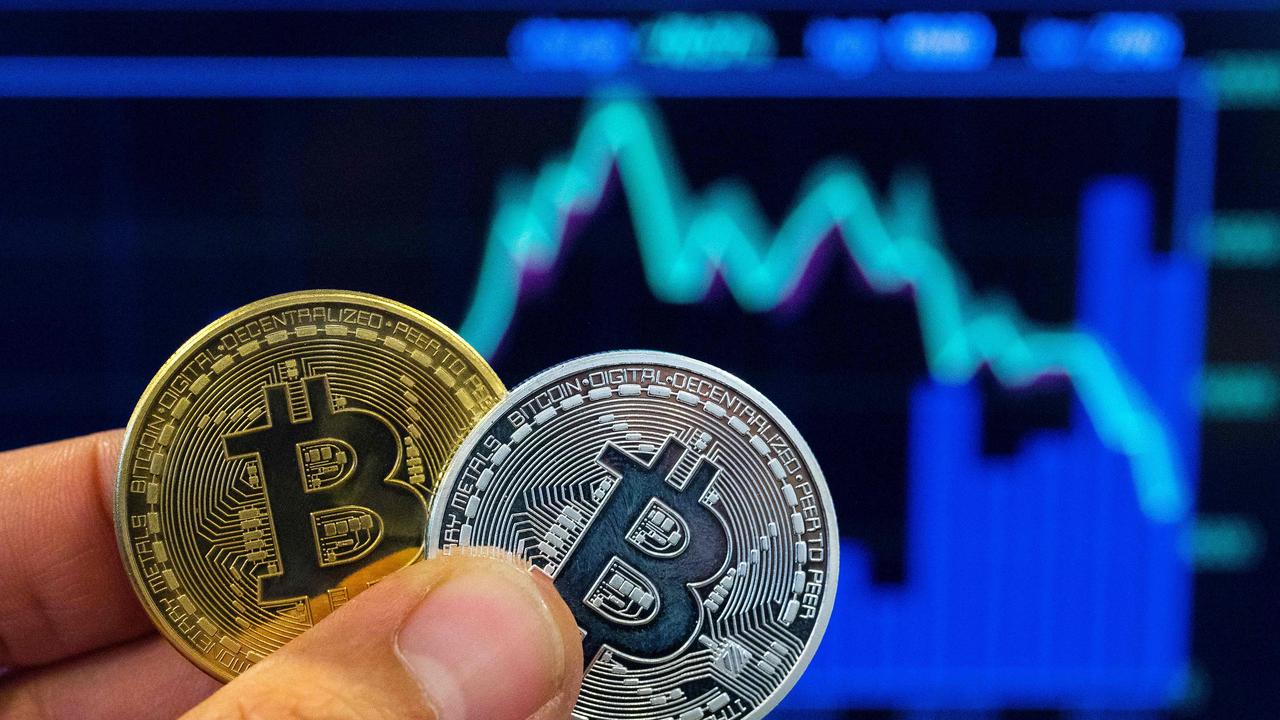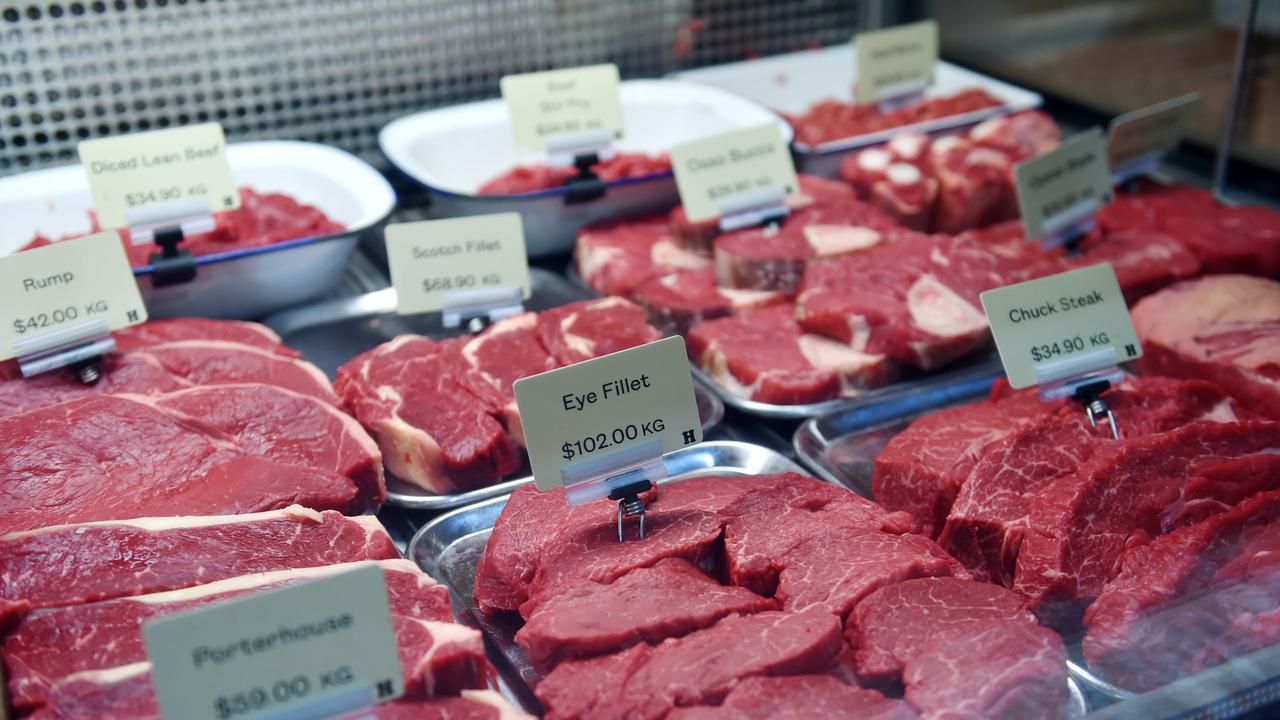Rising inflation could trigger interest rate hikes in Australia, US and England
A key decision in Australia on Tuesday could be a “potentially market-moving one” for the globe, as a new financial threat takes hold.
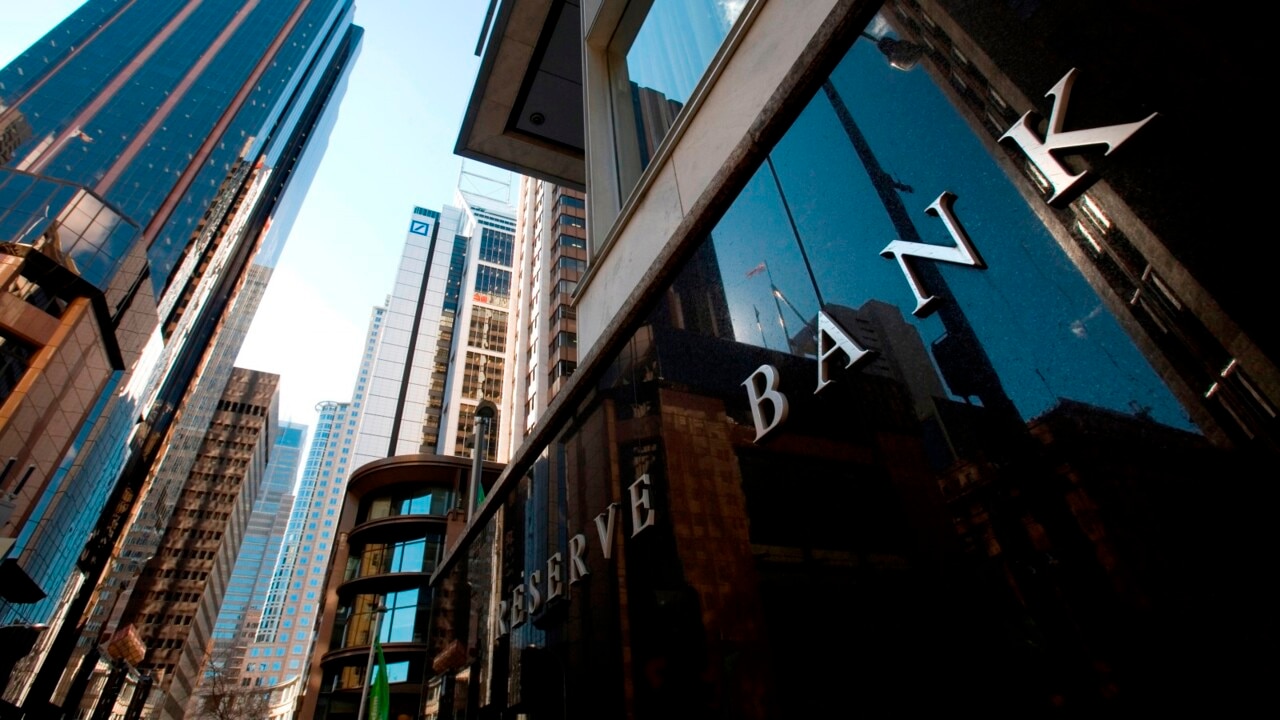
It has been a rocky period for the global economy in recent months, but a new issue now has experts on high alert – and Australia could be the canary in the coal mine.
Investors have already been spooked by rising inflation, and financial insiders have now turned their attention to three crucial days of monetary decisions which could set off major alarm bells.
And Australia will be the first cab off the rank, with international financial gurus keenly watching Tuesday’s rate decision by the Reserve Bank of Australia.
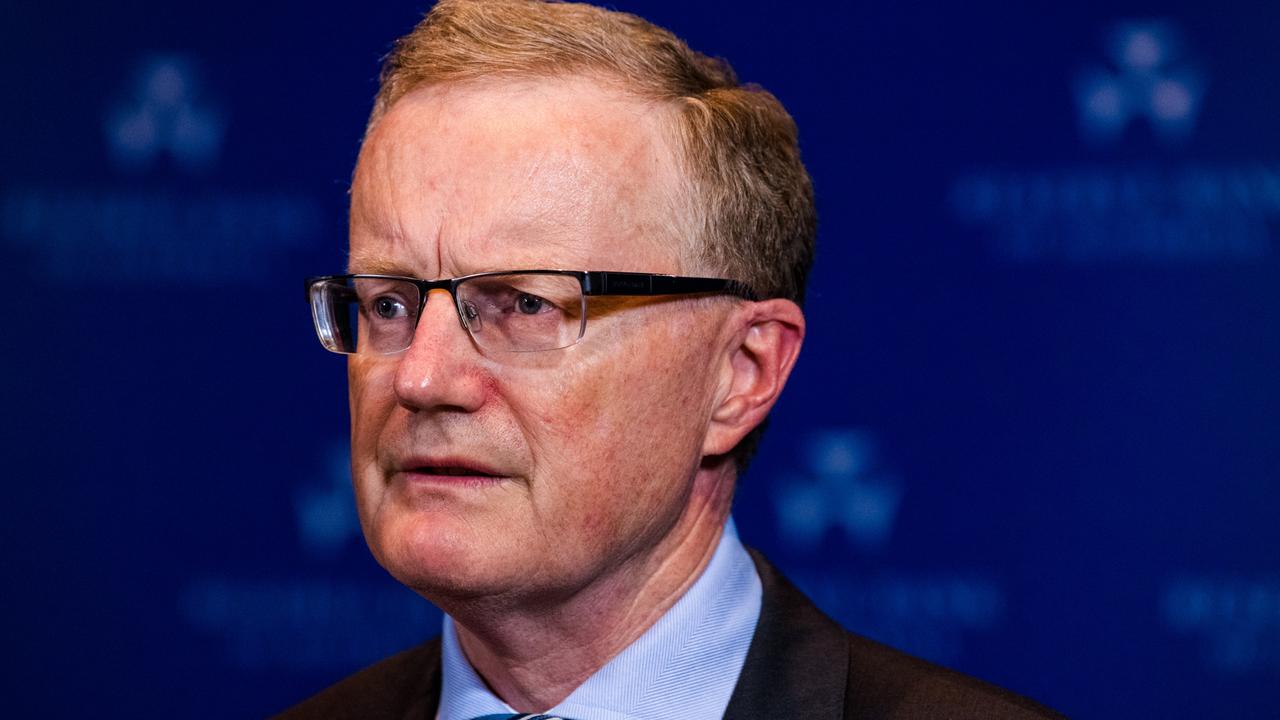
According to Bloomberg Economics’ James McIntyre, the RBA’s decision is “shaping up to be a potentially market-moving one”.
While most economists don’t expect rates to rise locally this week, most agree it’s now a matter of when, not if, the RBA makes the move.
Then, on Wednesday, the US Federal Reserve will also meet to make its decision, and it’s expected it will start winding back asset purchases – currently worth around $120 billion per month – after snapping up bonds during the Covid-19 pandemic.
Finally, on Thursday, the Bank of England will also convene to make its interest rate decision, with investors already convinced the cash rate will rise.
Global Central Bank Update:
— Charlie Bilello (@charliebilello) October 29, 2021
-Colombia hikes rates for the 2nd time this year, 50 bps increase to 2.50%.
The great normalization continues...https://t.co/Qik2TqFFU5pic.twitter.com/6DbNkpYe12
However, the looming decisions in Australia, the US and England this week are just three of the most noteworthy, with the central banks of a string of other nations also meeting to make their own interest rate moves.
Poland and the Czech Republic, for example, are tipped to raise rates this week, while in Norway, that change is expected to occur next month – and many other countries have already hiked up their rates in recent months.
Australia’s crucial decision
The RBA’s meeting is so telling because inflation has recently and unexpectedly surged, sparking concerns that factor has blown out Governor Philip Lowe’s interest rate timeline.
He has previously and repeatedly insisted the RBA will not raise rates for at least three years, but with annual inflation now sitting at 3.8 per cent according to recent ABS figures – well outside the RBA’s target band – there’s growing speculation it will prompt a rate hike far sooner than expected.
Hyperinflation threat
So just how big of a problem is the issue of rising inflation?
Well, according to some, we’re now facing an even larger issue – hyperinflation.
In a nutshell, hyperinflation is a fast and excessive jump in consumer prices, technically defined as prices rising by more than 50 per cent per month, or 1000 per cent in a year.
In the past, it has been caused by a range of factors including wars, too much money printing and serious shortages of goods.

Twitter CEO Jack Dorsey is just one of many who believe it’s not a looming, potential problem – but one we’re already living through.
“Hyperinflation is going to change everything. It’s happening,” he warned last month, with hedge fund manager Michael Burry also in February comparing the US financial situation with that of Germany in the 1920s, when consumers bought groceries with wheelbarrows full of virtually worthless cash.
Hyperinflation is going to change everything. It’s happening.
— jackâš¡ï¸ (@jack) October 23, 2021
‘Stagflation’ fears
It also comes amid growing concerns the world is also staring down an extremely rare economic phenomenon – stagflation.
That term refers to a situation where the inflation rate is soaring while the economic growth rate slows down and unemployment is high.
While it hasn’t been seen since the 1970s, many economic pundits now believe it could be happening again, with Bank of America analysts declaring in a recent note that “stagflation is here” after months of climbing prices, with a government report also revealing US inflation was at a three-decade high as of August.




